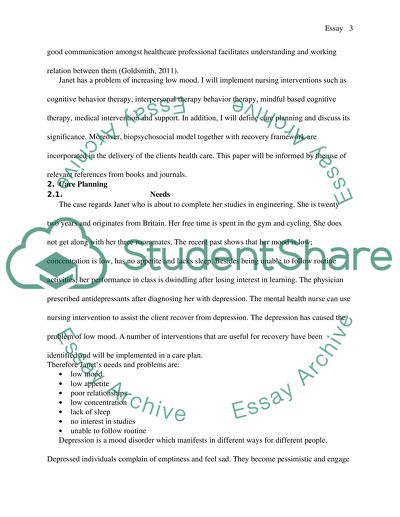Cite this document
(“Mental Health Nursing (Essay base on a Case Scenario) Essay”, n.d.)
Retrieved from https://studentshare.org/nursing/1497081-mental-health-nursing-essay-base-on-a-case
Retrieved from https://studentshare.org/nursing/1497081-mental-health-nursing-essay-base-on-a-case
(Mental Health Nursing (Essay Base on a Case Scenario) Essay)
https://studentshare.org/nursing/1497081-mental-health-nursing-essay-base-on-a-case.
https://studentshare.org/nursing/1497081-mental-health-nursing-essay-base-on-a-case.
“Mental Health Nursing (Essay Base on a Case Scenario) Essay”, n.d. https://studentshare.org/nursing/1497081-mental-health-nursing-essay-base-on-a-case.


